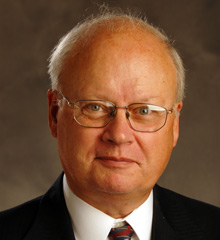Revised by Mary Hinkle Shore, 10/23
According to details within the letter itself, the Apostle Paul has left Ephesus, where he has carried on a ministry, and has gone to Macedonia. He tells Timothy to remain at Ephesus and to carry on instruction in sound teaching, oppose false teachers and their teaching, and supervise the ordering of the church. Some scholars have sought to find a place for the letter within a chronology of Paul’s lifetime, such as after Paul’s departure from Ephesus to Macedonia, according to Acts 20:1. But that does not work since, according to the narrative of Acts, Timothy did not remain in Ephesus (at Acts 20:4 he is already with Paul). Moreover, Timothy is regarded as a young man in the letter (1 Timothy 4:12), but he would be mature at the time presupposed by Acts 20. It is more probable that 1 Timothy is a deutero-Pauline book, written pseudonymously sometime after the death of Paul. Further information from within the book shows that it presupposes a background in which false teachers have entered the community for which the book was written. They teach an ascetic form of Christian life, opposing marriage and forbidding the eating of certain foods (4:3). They promote a highly speculative system of teaching with “myths and genealogies” (1:4), which the author says is “falsely called knowledge” (gnosis, 6:20), and which may be some form of incipient Gnosticism.

